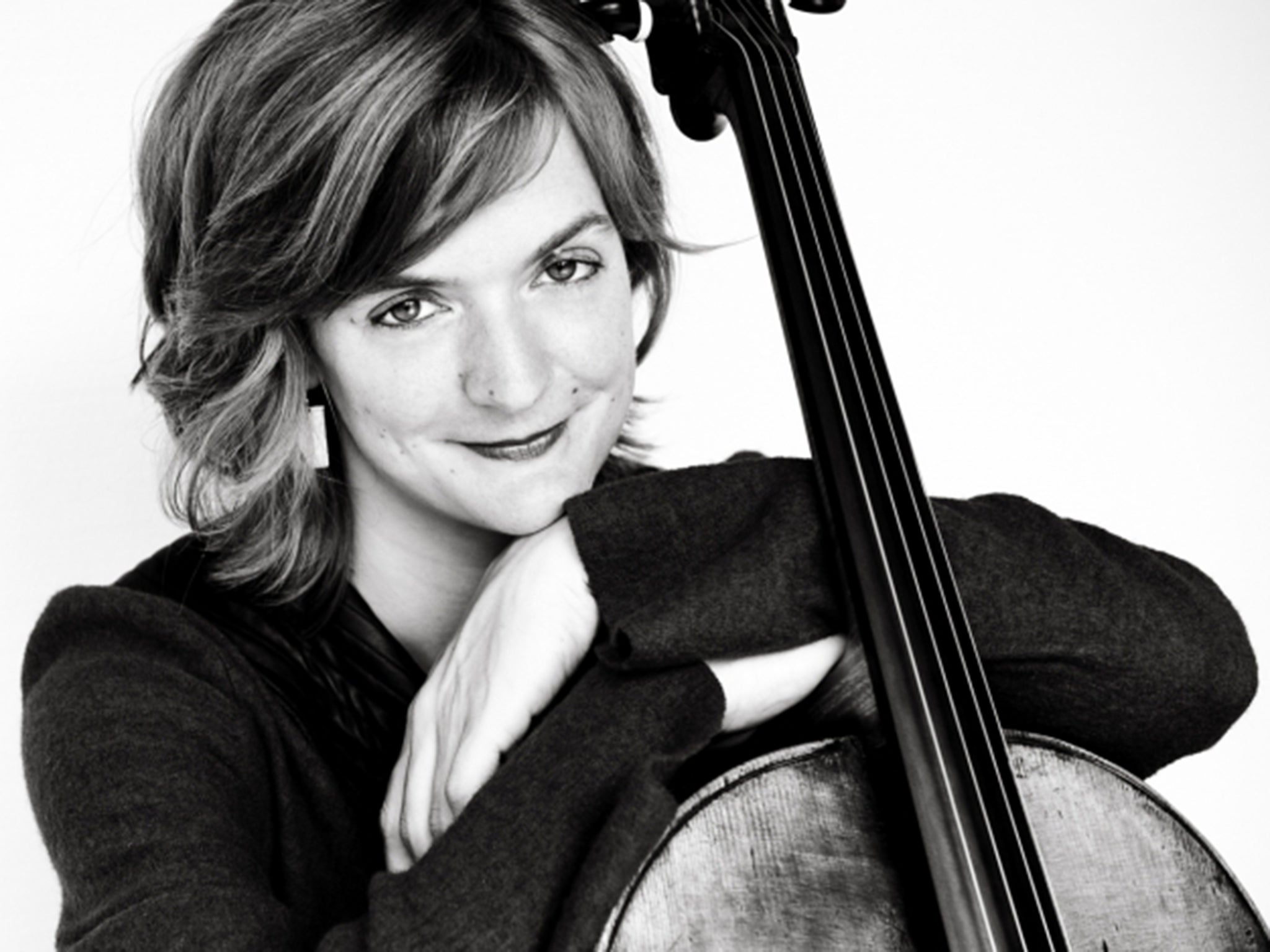Tetzlaff/Tetzlaff, Wigmore Hall, London, review: Extraordinary sibling double act deliver a heroic performance
What the violinist and cellist achieved together at the Wigmore was both riveting and ravishing
Your support helps us to tell the story
From reproductive rights to climate change to Big Tech, The Independent is on the ground when the story is developing. Whether it's investigating the financials of Elon Musk's pro-Trump PAC or producing our latest documentary, 'The A Word', which shines a light on the American women fighting for reproductive rights, we know how important it is to parse out the facts from the messaging.
At such a critical moment in US history, we need reporters on the ground. Your donation allows us to keep sending journalists to speak to both sides of the story.
The Independent is trusted by Americans across the entire political spectrum. And unlike many other quality news outlets, we choose not to lock Americans out of our reporting and analysis with paywalls. We believe quality journalism should be available to everyone, paid for by those who can afford it.
Your support makes all the difference.The violin and cello belong to the same family, but their sound as a duo - unless it’s leavened with additional instruments - can be uncomfortably stark. Violinist Christian Tetzlaff and cellist Tanja Tetzlaff also belong to the same family – they’re brother and sister – but what they achieved together at the Wigmore was both riveting and ravishing.
The repertoire for this instrumental combination is tiny, and here they gave us three of its principal works; each in its way was a revelation.
Placed between Ravel’s Sonata for violin and cello and Kodaly’s Duo for violin and cello Opus 7, Jorg Widmann’s 24 duos for violin and cello was the piece de resistance.

Some only a couple of bars long, these pieces have the aphoristic playfulness of Kurtag’s piano miniatures, and through harmonics, echo effects, and double-stopping they conjure up vast spaces through which the drama – and this really is a drama – moves.
The players make declarations, pose questions, give answers, thrust and parry, chase each other, proceed in lockstep; there are moments of tender lyricism and of furious aggression – I’ve never seen string players subject their instruments to such apparently extreme maltreatment - but the Tetzlaffs encompassed it all with wit and impeccable virtuosity. This was a heroic performance.
Join our commenting forum
Join thought-provoking conversations, follow other Independent readers and see their replies
Comments